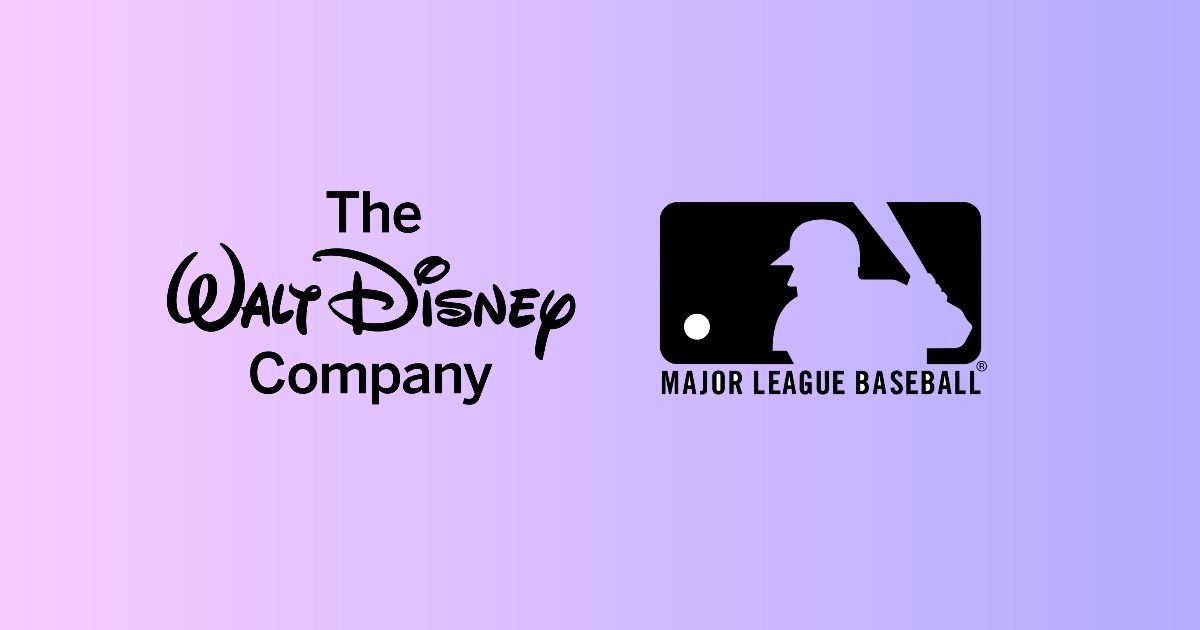In the latest series of sports programming deals by the media giant, Walt Disney Co. has announced a substantial seven-year deal with Major League Baseball. The baseball deal will bring 30 exclusive regular-season games to ESPN, 25 of them on Sunday night baseball telecast and the MLB Little League Classic, along with five additional games every season that include the national Opening Night telecast.
The conglomerate will also get rights to some extras, including the annual Home Run Derby batting competition, and a new series of wild-card playoff games. Under the previous contract, Disney had been airing 90 games, but most weren’t exclusive and could also be seen on the rival local channels. The new lucrative deal will allow Disney to broadcast all ESPN and ABC games on ESPN+, giving the company space to promote its linear television business and direct-to-consumer streaming business.
Disney has also struck an eight-year deal with La Liga that will make ESPN+ the new streaming home of the Spanish soccer league in the U.S.A. The agreement gives ESPN+ rights to the country’s premiere and second-tier circuits, through the 2028-2029 season. The ESPN cable network is already the home to the Spanish Copa del Rey, Copa de la Reina, and Supercopa de Espana championship.
Disney has declined to comment on the finances of either contract. The deals are part of an overall strategy to couple long-term sports rights with the flexibility to create different shows for different audiences, such as a statistics-heavy presentation for subscribers of ESPN+.
ESPN Chairman Jimmy Pitaro said, “ESPN’s long-standing relationship with Major League Baseball has been a driver of innovation for three decades. This agreement solidifies baseball’s ubiquitous presence across ESPN platforms, including ESPN+.”
ESPN has been on a sports-rights renewal run recently, signing long-term deals with the National Football League, the National Hockey League, and the college’s Southeastern Conference. While the company paid more for the NFL rights, it got extra content, including some Super Bowls, while seeing less of an increase in fees than rival broadcasters.

